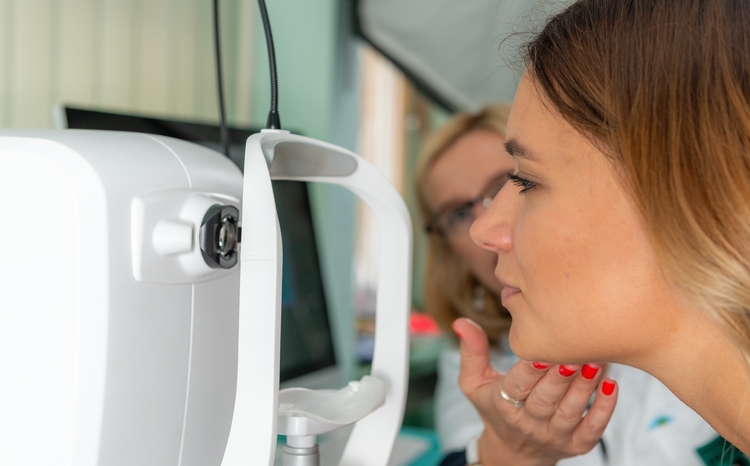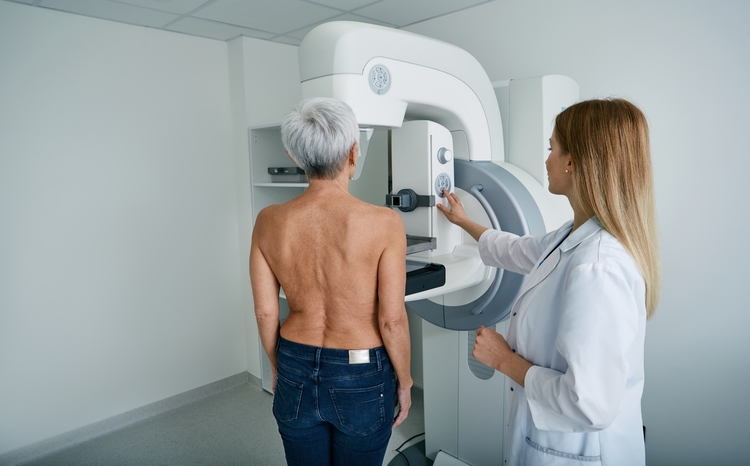‘No deadline’ for care.data roll-out
- 6 May 2014

There is no new date set for the national deployment of the care.data programme, after the government announced a six month delay to the go-live earlier this year.
The roll-out was originally due to begin in autumn 2013, before being postponed to March this year. However, due to public controversy regarding the programme, NHS England announced a six month delay to the deployment in February.
EHI reported last month that up to 50 GP practices will trial care.data in a phased roll out beginning this autumn.
In an update on the programme, Tim Kelsey, NHS England’s national director for patients and information, said that the pilot will be used to “test, evaluate and refine” the data collection process ahead of further deployment.
“We do not subscribe to artificial deadlines here – we will roll it out nationally only when we are sure the process is right,” he said.
Care.data involves extracting a new monthly dataset from GP practices and linking this with other datasets, such as the Hospital Episode Statistics, within the ‘safe haven’ of the Health and Social Care Information Centre.
Data will be published in aggregated anonymised form, released to researchers in pseudonymised form and, in some cases such as civil emergencies, released in identifiable form.
One of the public concerns on the programme has been around who will have access to the data. In order to alleviate some of the concerns, the HSCIC published an audit of all data it has released to organisations last month.
Kelsey said that all uses of data will be “subject to robust independent scrutiny”.
“An organisation that wanted to handle the data on its own premises would need to demonstrate it could safely do so, or risk being barred from doing so,” he said.
“In all cases, there will be complete transparency of all those permitted access to this data by the HSCIC and for what purpose. In this way patients will know how their data has been used for improvement of services.”
He added that the NHS cannot “improve the safety of patients, and the quality of their care without understanding what happens to them,” and that data sharing could “transform” the NHS.
“Care.data is an integral part of this vision. It’s a programme of work which aims to consistently and systematically use and join up data across hospitals and general practice and make it available to the people who can use it to make services better – clinicians, commissioners, researchers, charities, patients and public – in safe ways that minimise the risk to a person’s privacy being compromised in an age of increasingly sophisticated digital threats,” he said.
Another concern around the programme has been the lack of information given to the public.
During the six month delay, NHS England has launched a re-engagement programme to get the public on board. Kelsey said this update is one of the first in a series of updates on care.data.




